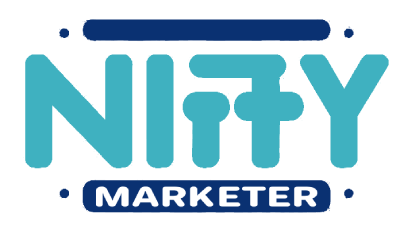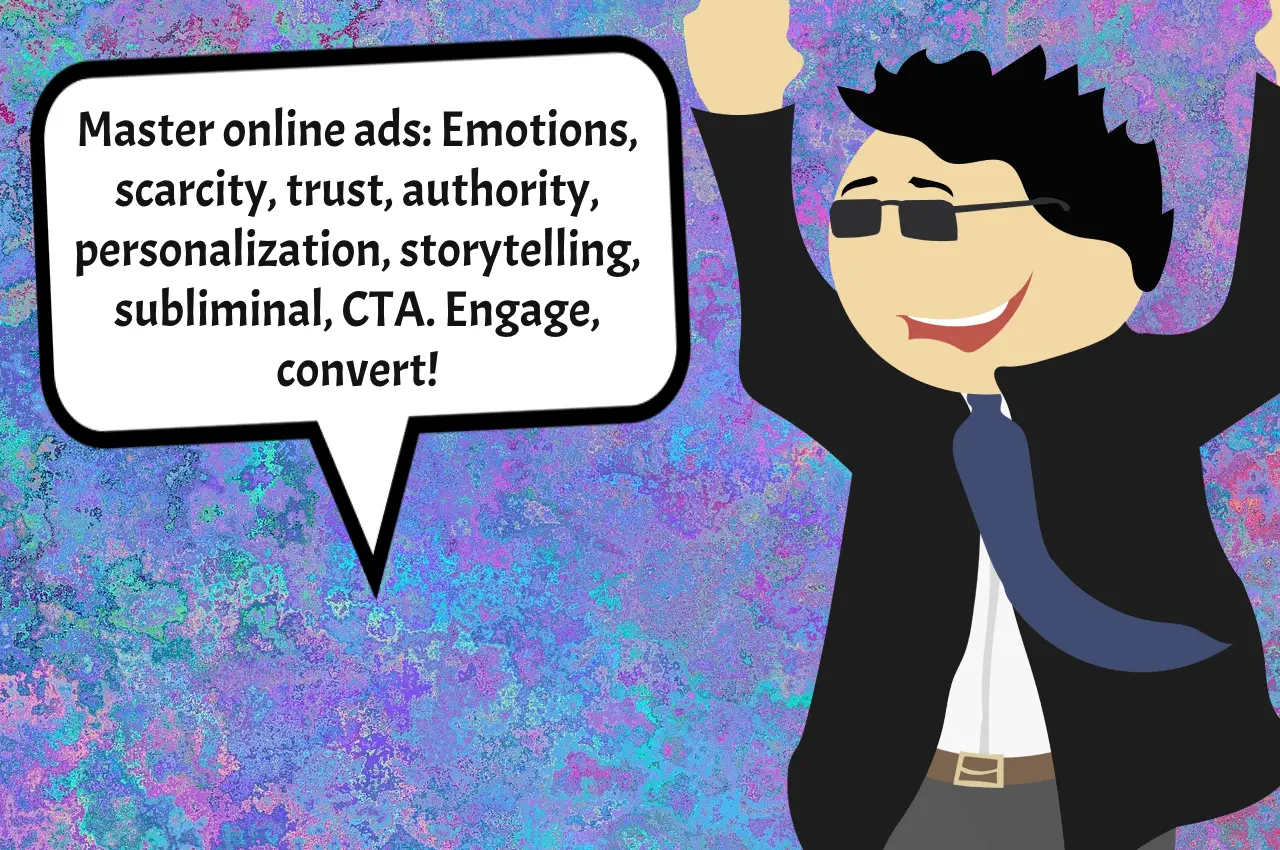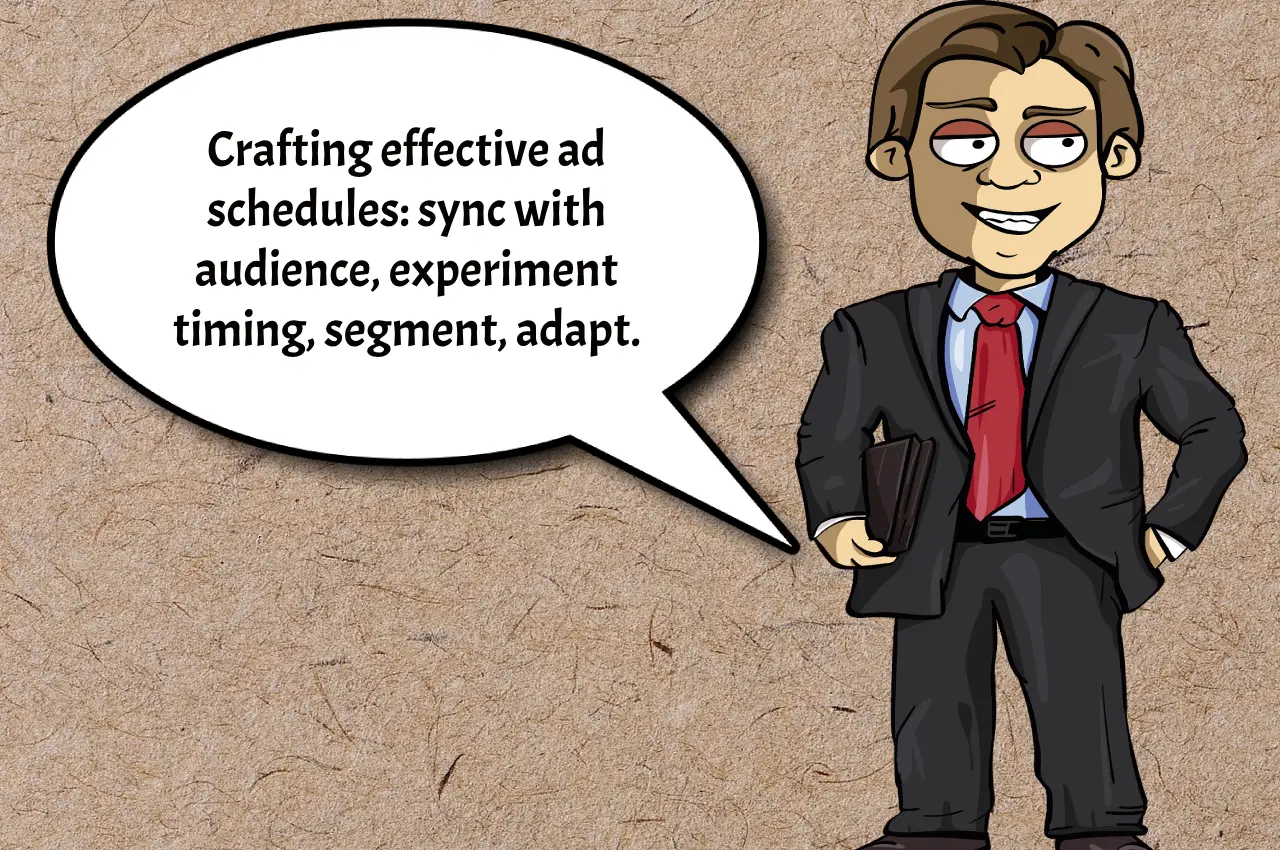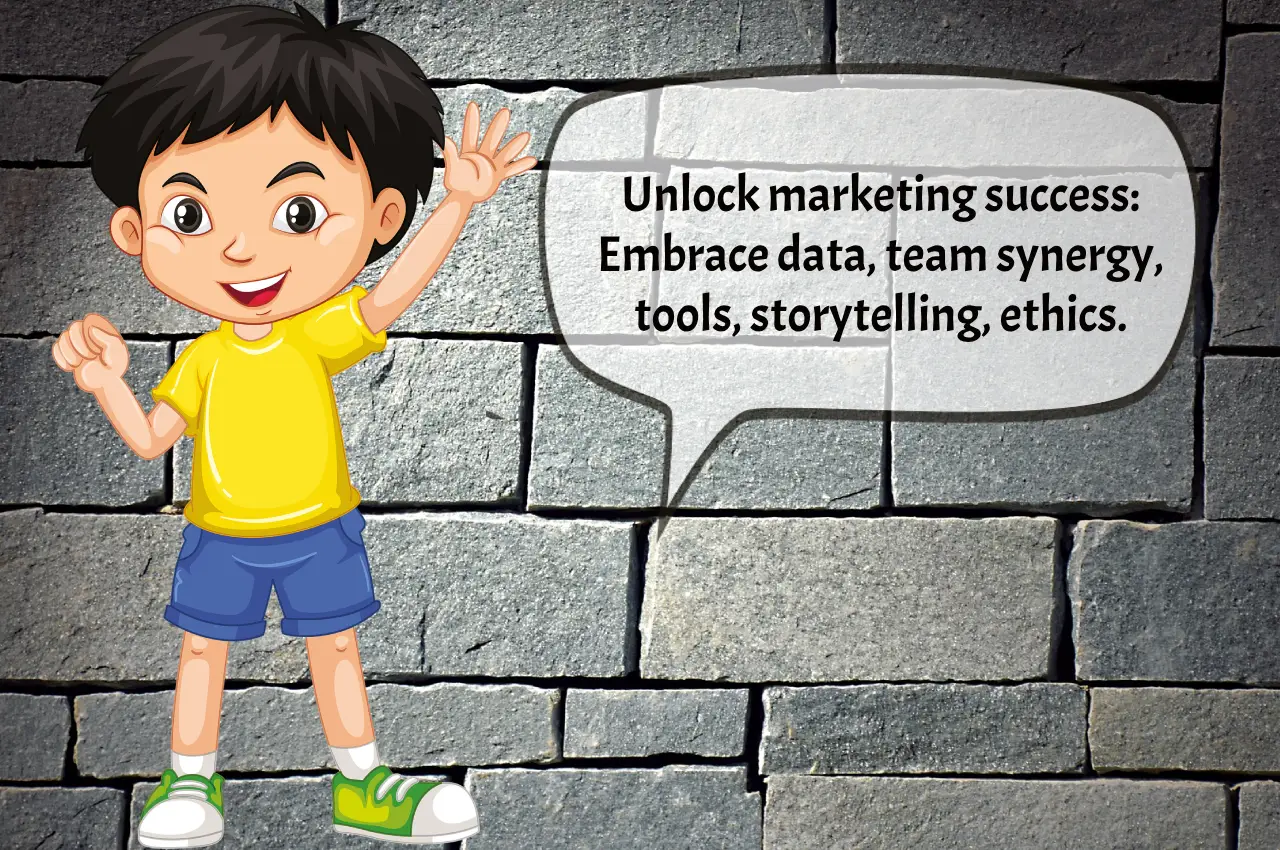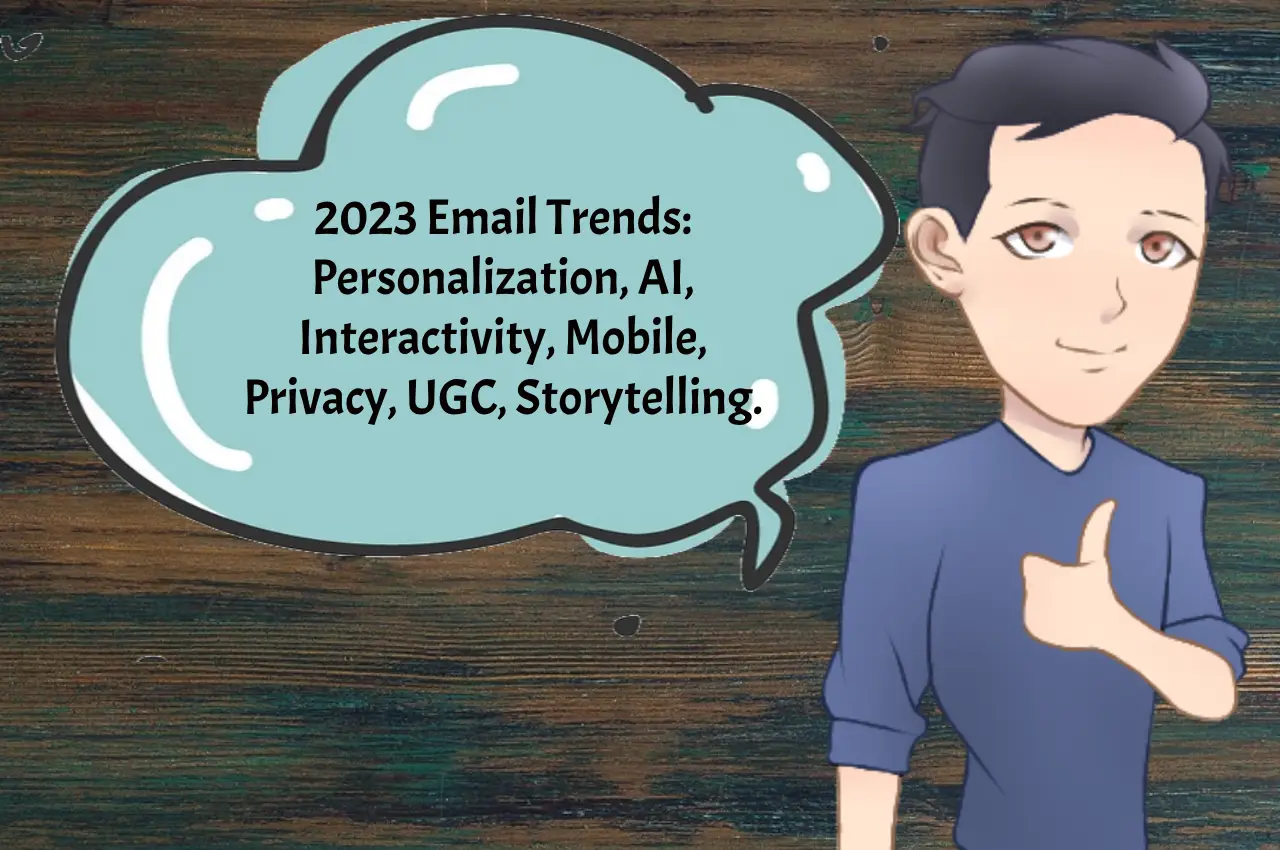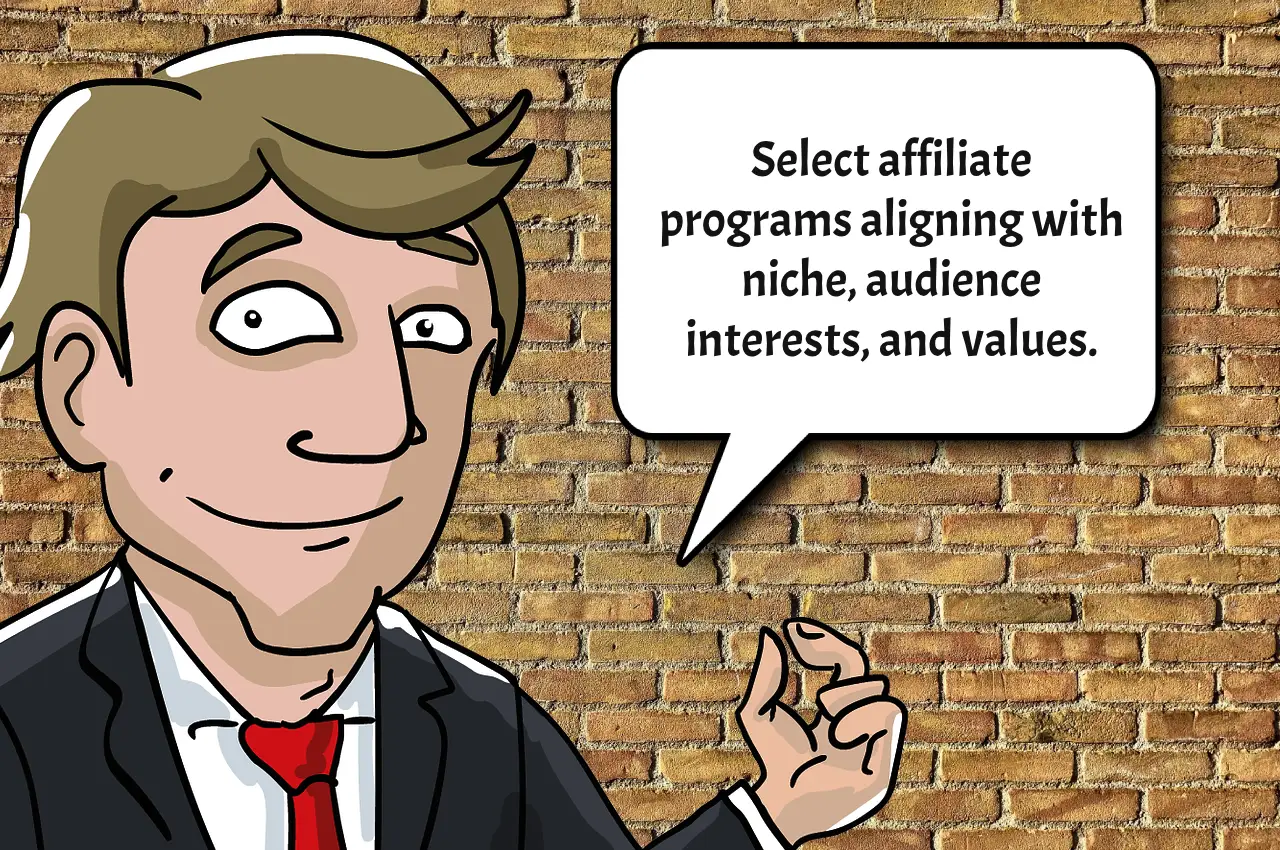In the bustling world of digital advertising, mastering the art of online paid ads requires more than just catchy visuals and clever taglines. Successful campaigns delve into the intricate realm of human psychology, tapping into the very fabric of consumer behavior. In this blog post, we’ll unravel the key psychological factors that drive the success of online paid ads. We will also explore how advertisers can leverage these insights to create compelling and effective campaigns.
Understanding the Power of Emotion in Ads
Emotion is the heartbeat of effective advertising. Whether it’s the joy of a heartwarming story or the fear of missing out, emotions play a pivotal role in capturing attention and fostering connection. Advertisers who recognize the emotional landscape of their target audience can craft ads that resonate on a deeper level.
Consider the iconic Coca-Cola Christmas ads. They don’t just sell a beverage; they sell warmth, joy, and togetherness – tapping into the universal desire for connection during the festive season.
The Scarcity and Urgency Dynamic
Creating a sense of scarcity and urgency is a psychological trigger that has stood the test of time. People are wired to respond to limited availability and time-sensitive offers. Effective online ads capitalize on this by instilling a fear of missing out (FOMO) and encouraging swift action.
Flash sales and limited-time promotions like Black Friday are a testament to the power of scarcity and urgency in driving consumer behavior.
Building Trust through Social Proof
Humans are social creatures, and the influence of others holds immense sway over our decisions. Incorporating social proof in ads – be it through testimonials, reviews, or user-generated content – fosters a sense of trust and authenticity, key components in the buyer’s journey.
Amazon’s product reviews and ratings provide social proof, helping potential buyers make informed decisions based on the experiences of others.
The Authority and Credibility Factor
Consumers are more likely to engage with ads from brands they perceive as authoritative and credible. Establishing expertise in the field through content, endorsements from industry experts, and transparent communication builds a foundation of trust that strengthens the ad’s impact.
When Neil deGrasse Tyson endorses a scientific product, the authority he carries contributes significantly to the product’s credibility.
Personalization and the Illusion of Choice
Tailoring ads to individual preferences creates a personalized experience that resonates with the audience. The illusion of choice, where users feel they are in control, enhances engagement and conversion rates.
Streaming platforms like Netflix use algorithms to suggest personalized content, making users feel like they have a vast array of options curated just for them.
The Power of Storytelling
Storytelling is an age-old tradition that transcends cultures and generations. Ads that tell a compelling story not only capture attention but also create a lasting impression. Narratives that evoke emotions and resonate with the audience’s experiences forge a connection that goes beyond a mere transaction.
Nike’s “Just Do It” campaign doesn’t just sell shoes; it inspires people to overcome challenges and pursue their dreams through the power of storytelling.
The Subtle Art of Subliminal Messaging
Subliminal messaging involves conveying information below the threshold of conscious perception. While controversial, it remains a fascinating aspect of psychology in advertising. Subtle cues and imagery can influence decisions without the viewer even realizing it.
In a classic case, the FedEx logo hides an arrow in the negative space between the “E” and “x,” subtly suggesting the company’s speed and precision.
Crafting a Persuasive Call to Action (CTA)
A compelling call to action is the linchpin of successful online ads. Clearly articulating the next steps, coupled with persuasive language, propels users from passive viewers to active participants.
Amazon’s CTA buttons like “Add to Cart” and “Buy Now” are strategically placed and use persuasive language, driving users to make quick purchasing decisions.
Engage, Connect, Convert
Cracking the code of successful online paid ads lies in understanding and leveraging the intricacies of human psychology. By tapping into emotions, establishing trust, and employing persuasive tactics, advertisers can create campaigns that not only capture attention but also drive meaningful engagement and conversions.
What are your thoughts on the psychology behind successful online paid ads? Have you come across an ad that left a lasting impression on you? Share your insights and experiences in the comments below!
